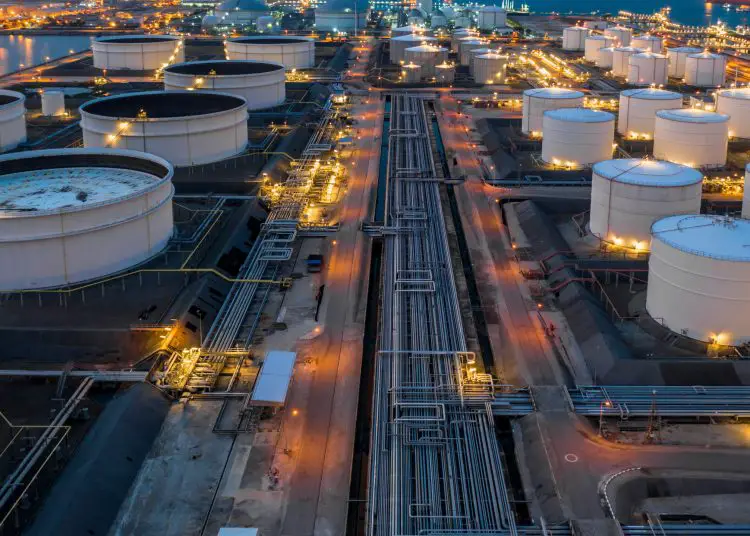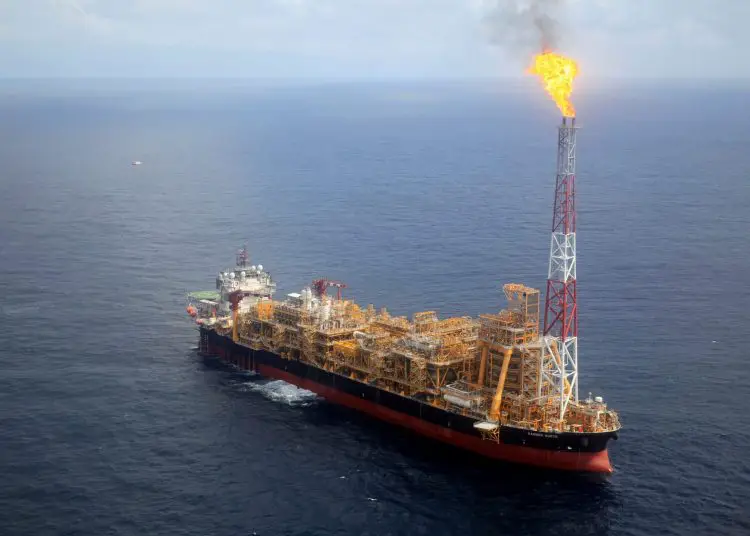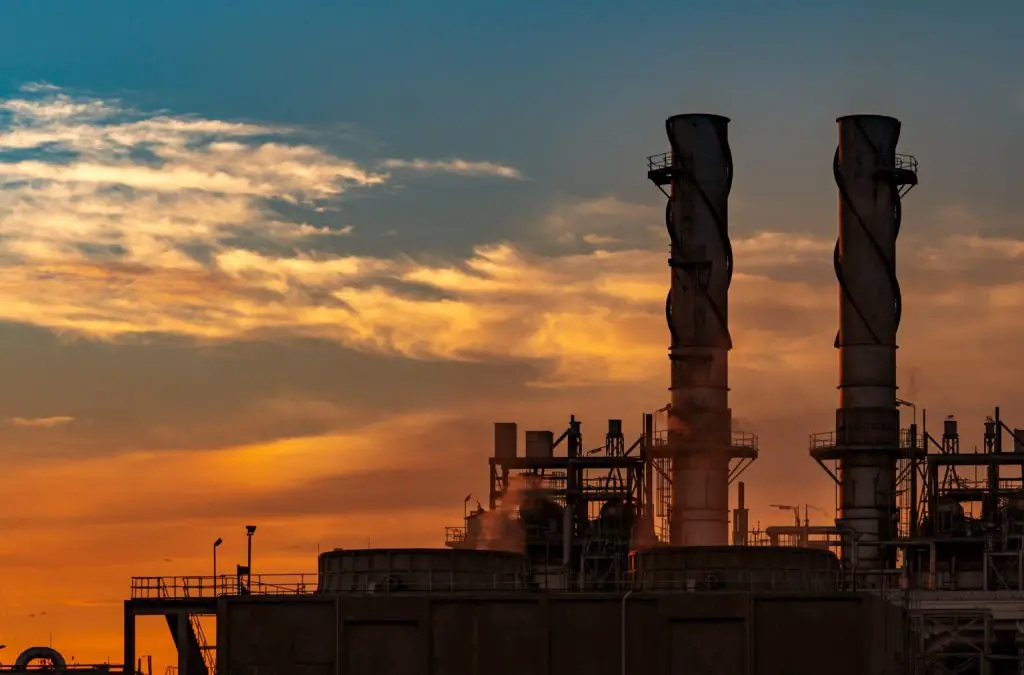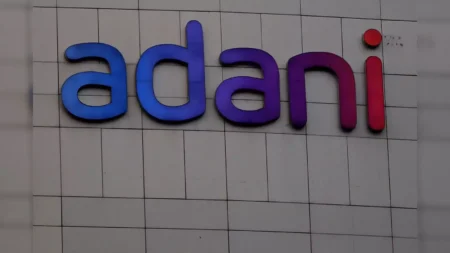- During the last three decades, Angola has established itself as a top-tier destination for big oil and gas companies.
- Natural gas is an essential intermediary in the energy transition, generating fewer emissions than petroleum and coal products.
- Angola’s regulator, the ANPG, aims to attract investment from sources other than the country’s traditional oil and gas producers.
While foreign oil firms steadily abandon African hydrocarbon resources and transfer capital spending to alternate energy sources, Africa is experiencing output reductions across significant assets. The fall in oil and gas output is primarily because Integrated Oil Companies (IOCs) are affected by lobbies urging them to withdraw from fossil fuels and invest in renewables.
Understanding the Decline in fossil fuel funding
Since loans are becoming more costly, it is becoming more difficult to borrow funds for investment in exploration, development, and production (E&P). Some financial firms are beginning to limit capital accessible for these reasons.
Without E&P expenditure, there will be few discoveries, and output will inevitably drop. Furthermore, there is a clear trend toward departing productive and mature assets to concentrate on more efficient and profitable resources.
On their side, independent businesses are more willing to produce assets, especially in ageing fields, but are hesitant to engage in E&P.
Read: Why Angola is Africa’s next mining powerhouse
These oil and gas producing nations rely significantly on hydrocarbon exports to support their economies; in some instances, such as Equatorial Guinea, oil and gas account for almost 90 per cent of GDP.
Declining output has a significant impact on Treasury income, which is regrettable because rising hydrocarbon prices in foreign markets may assist in addressing the issues that COVID-19 posed to these countries’ economies.

Angola is the second-largest oil and gas producer in Sub-Saharan Africa, with a current capacity of around 1.1 million barrels of oil per day (bpd) and 17,904.5 million cubic feet of natural gas. The oil and gas sector contributes almost one-third of the country’s GDP and more than 90% of total exports. Angola has confirmed oil reserves of 8.2 billion barrels and natural gas reserves estimated to be 13.5 trillion cubic feet (tcf).
During the last three decades, Angola has established itself as a top-tier destination for big oil and gas companies. As a result, the country is home to all leading oil and gas companies. As the world debates what energy transition means and what it entails, Angola, like many other big oil producers, will have to review their oil and gas business and its capacity to remain a leading destination for energy investments.
Offshore drilling, particularly during the peak years of 2002 to 2008, resulted in Angola’s oil output reaching close to 2 million barrels per day, giving the country much-needed money for post-conflict reconstruction.
With the realization that Angola’s oil and gas sector is ready for investment, the government has made a concerted effort not only to capitalize on its prospects but also to shine a spotlight on creating value across the entire value chain, with significant investments scheduled in Angola’s upstream, midstream, and downstream sectors.
Many have questioned whether Angola will retain its position as a preferred hub for global energy firms in light of the current push toward de-carbonization, a pledge by many nations, particularly Western developed economies, International oil and gas companies, and institutions achieve net-zero emissions between 2030 and 2050.
To favourably answer the previous question about Angola’s investment attractiveness, the government launched the National Development Plan 2018-2022 and the updated Hydrocarbon Exploration Strategy 2020-2025. This aims to increase the study and geologically appraise concessions and accessible regions of sedimentary basins in Angola for exploration.
In light of the rising chorus of concern over declining oil and gas output and soaring global prices, Angola’s Ministry of Mineral Resources and Petroleum and other important players are all actively investigating methods to alter their operations to reflect the new normal.
Attempts are being made to drive more efficient production, which will result in a reduced carbon footprint for operators, less waste, and higher commercial use of associated gas. The latter is expected to gain significance as a major fuel transition over 20-30 years.
Crucial role of natural gas in Africa
Natural gas is an essential intermediary in the energy transition, generating less emission than petroleum and coal products while dependably supplying energy to enable large-scale production and counterbalance the inherent intermittency of renewable energy sources.
The Ministry of Mineral Resources and Petroleum spearheads an ambitious endeavour to monetize gas reserves through investments in downstream infrastructure and gas-fired power generating projects. The New Gas Consortium, Angola’s first significant natural gas venture, brings together Eni, BP, Chevron, Total, and the state-owned Sonangol.
Natural gas will play a critical role in aiding Angola’s quest to extend access to power and advancing industrialization and the shift to greener energy sources if used more effectively. The government hopes this is only the beginning of many more collaborations and the petrochemical sector.
Commercial gas exploitation can also lead to establishing a petrochemical sector that can create a fertilizer to help Angola’s and the region’s agriculture. By offering a Gemcorp-Sonaref led consortium significant tax concessions to develop the 60,000 barrel per day Cabinda refinery, the government has already shown its willingness to provide attractive special concessions to large investors in refining and petrochemicals. The urge for other investors to follow is unequivocal.
Sustainability-Driven Investment
In compliance with the Presidential Decree, a licensing round is ongoing in the upstream sector, which calls for yearly bid rounds through 2025.
Angola’s regulator, the ANPG, aims to attract investment from sources other than the country’s traditional oil and gas producers. In recent years, Angola’s basins have proven to be productive, rewarding corporations with profits much beyond industry averages in other locations. This round currently offers six onshore Kwanza Basin licenses and three onshore Lower Congo Basin licenses.
Read: Rwanda, Angola 9-deal Diplomacy: Angola waives visas for Rwandans
The NGC will spearhead the building of a US$2 billion gas processing facility in Soyo, which would provide refined gas in liquid form for export to international markets and electricity for the national grid. Meanwhile, Angola’s LNG plant was the first to investigate indigenous natural gas resources, and it represents one of the country’s largest single investments in the petroleum industry.
Unlike most non-associated energy projects, this plant uses associated gas as its primary energy source, helping to eliminate gas flaring, reduce greenhouse gas emissions, and promote environmental management. Both locations represent critical stages in Angola’s transformation to more effective and sustainable natural resource management.
Hydrocarbons’ debate in Africa
Along with many other African nations and other global players, Angola believes that hydrocarbons have a role to play in the era of the energy revolution.

According to the UN, Africa, with 16.72 per cent of the world’s population, is responsible for less than 3% of global carbon dioxide emissions from energy and industrial sources, compared to 15% for the United States and 16% for Europe, and 28% for China.
Furthermore, several estimates predict that global demand for hydrocarbons will remain strong for at least another half-century, even as it is predicted to fall. Furthermore, several African countries, like Angola, rely heavily on hydrocarbon income to fund education, healthcare, and employment development. As a result, demanding a quick conclusion to such a critical business is unrealistic.
Between 1990 and 2020, natural gas consumption and production in the United States rose by about 100%. As a result, many coal facilities in America have been replaced by gas, resulting in considerable decreases in emissions. Gas has proven beneficial to the United States.
It is also beneficial to Africa and Angola. As a result, we must assist Angola in developing its gas resources for export and industrial usage.
However, it is crucial to emphasize that the Angolan government is dedicated to boosting renewable energy. As a result, greater amounts of government spending on improving access to power are being devoted to solar projects and incentives for public-private partnerships in the industry.
Eni, an Italian oil corporation, is leading the development of a 50 MW solar power facility in Namibe province, which is anticipated to begin operations in 2022. Angola provides investors with a one-of-a-kind chance to bring money, technology, and best practices to fulfil the country’s expanding energy needs and its development objectives.
The immense prospects for developing natural gas and other energy sources in Angola will be on show at the next Angola Oil & Gas 2021 Conference and Exhibition, which will be held September 9-10 in Luanda in collaboration with the Ministry of Mineral Resources and Petroleum.
This one-of-a-kind event included a versatile platform to convince the energy sector – led by the continent’s leading energy investment platform Energy Capital & Power, formerly Africa Oil & Power – that included an investment report and documentary Africa Energy Series: Angola 2021, as well as a series of global representations intended to bring Angola to the attention of investors worldwide.
Read: Putin opens opportunities for Mozambique, Angola











